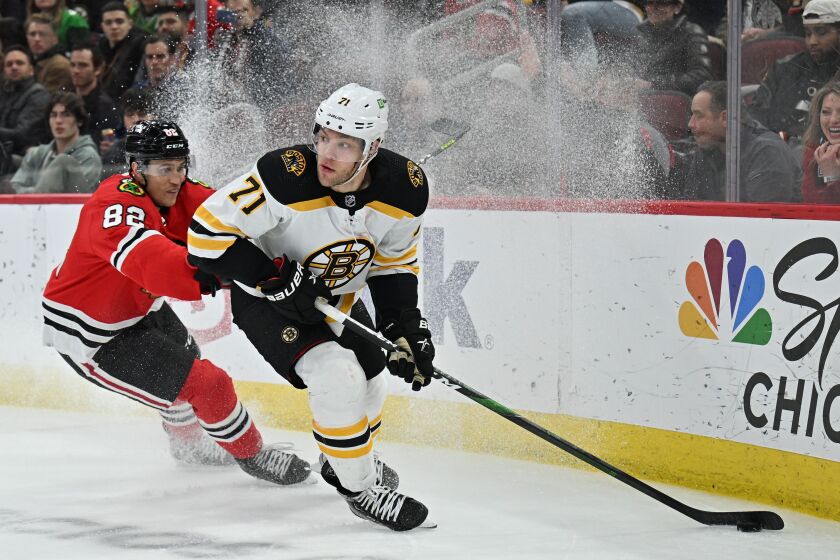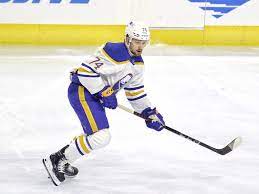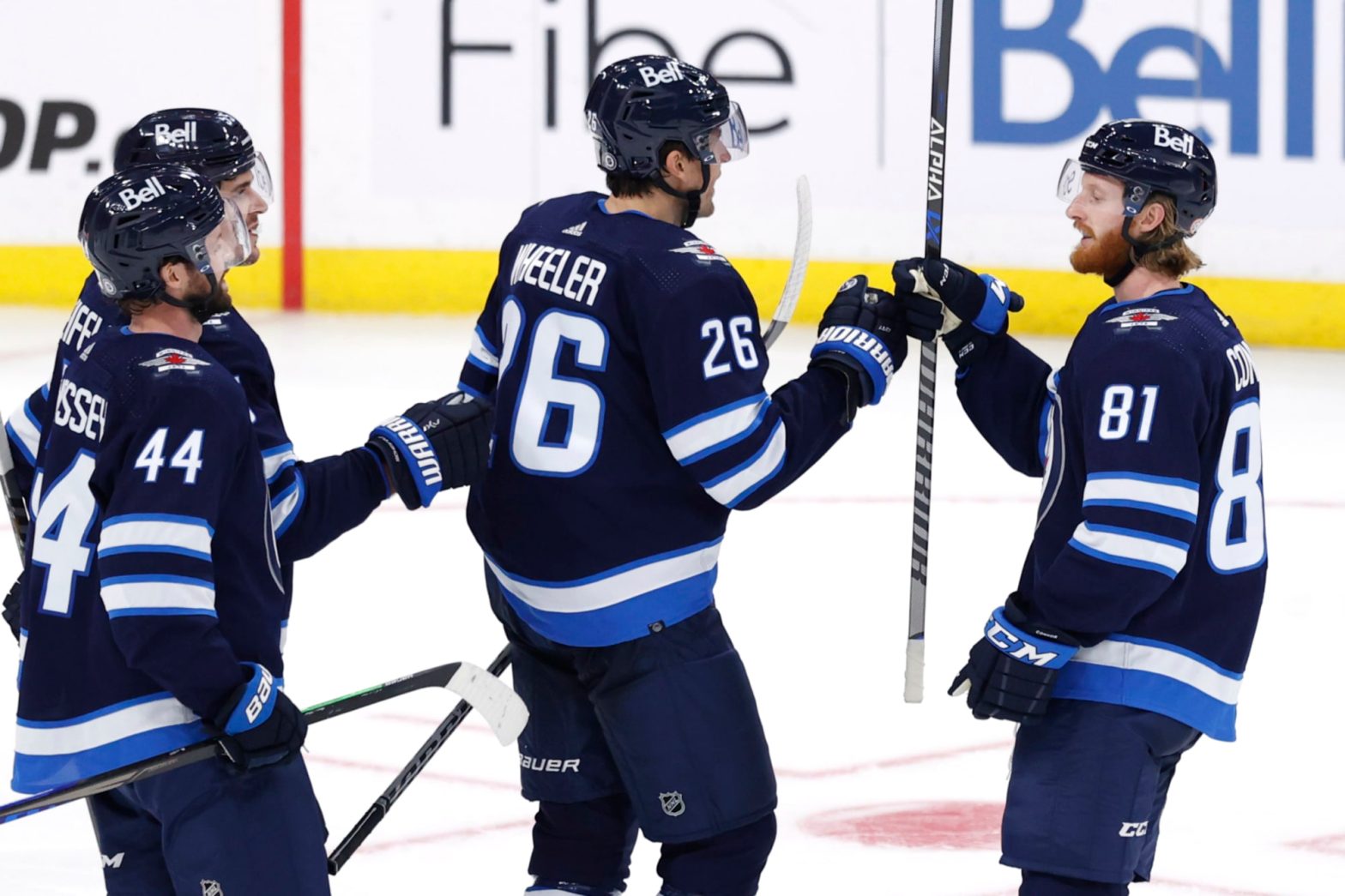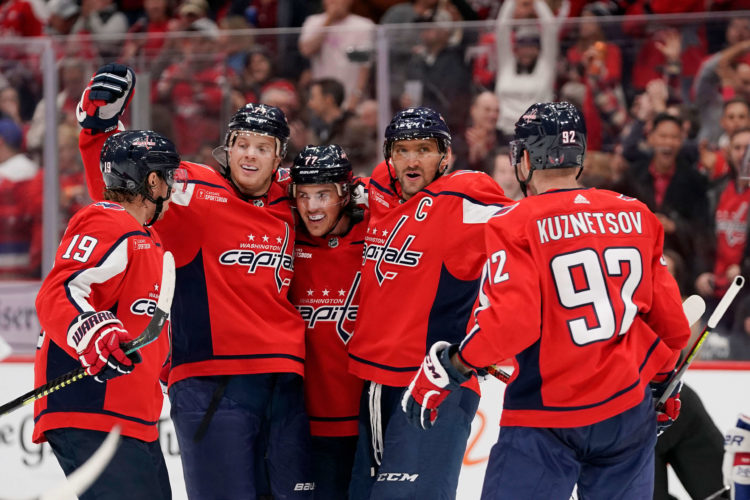Trading for big names is what gets people excited at MLB’s trade deadline, but the event is really just a game for General Managers to acquire relief pitching. Of the eight teams to make it past the wild card round in 2023, seven of them made at least one notable move for a back-end arm midseason. The one exception was the Philadelphia Phillies, whose elite starting depth allowed them to move their big deadline add, 2023 all-star Michael Lorenzen, back to the bullpen for the postseason. Yeah, they did not all work out (Brad Hand was a Brave?), but the point is that just about every contender is looking for an impact reliever right around now. At the top of this arms race should be a strikeout pitcher with control who will change a team’s depth chart. Sorry Mason Miller, this one is about Fernando Cruz.
The teams with the best reputations for creating elite relief pitchers out of nowhere have been the Rays, Dodgers, and Yankees. That is not an unearned title, as current closers Pete Fairbanks, Evan Phillips, and Clay Holmes would tell you. The Cincinnati Reds are not as well known for this skill, but they have absolutely found something with Fernando Cruz.
A 2007 6th round draft pick by the Royals from Puerto Rico, Cruz only pitched in 37 games for Kansas City’s organization, ending in 2012. Another stint in the Cubs’ org did not last long in 2015. For most of his professional career, he has pitched in independent leagues in Mexico, Puerto Rico, and the Dominican Republic. In 13 seasons of play in foreign leagues, he has posted a 3.01 ERA in 362 innings, with roughly 91 percent of his outings coming in relief. However, it was not until 2021, his age-31 season, where Cruz broke out. He struck out 37 batters in 26.1 innings with a 2.73 ERA for Guadalajara in the Mexican League, then maintained a perfect ERA with 30 strikeouts in 19.1 innings in the Puerto Rican Winter League. This earned him a minor league contract with the Reds. In 115.1 innings since finally making his major league debut at the age of 32 in 2022 (the oldest debut by a Red in 66 years), Cruz has remarkably struck out 178 batters. He has been able to fly under the radar by playing for an unremarkable Reds team, never recording a save, and having a measly 4.14 ERA. So what makes Cruz so good?
In 2024, Cruz has walked a decent amount of batters, a tenth percentile rate of 12.6 percent. But that is not crippling enough to ruin his peripheral numbers, which love his extreme 41.3 K% and 15.3 K/9, along with a solid 0.8 HR/9. Any ERA estimator that you can find will say that Cruz’s 2024 ERA of 3.89 has been inflated by some bad luck. xERA has him at 3.35, both FIP and xFIP at 2.43, and SIERA at 2.35.
Cruz is a three-pitch pitcher, with about 56% of his pitches being either a mid-90s fastball, or a high-80s cutter. Those are not his strong points, as they have finished off just eight of his 59 Ks, and allowed 18 of his 22 hits, including all three home runs. The other 44 percent is where Cruz makes his money, firing off a splitter that averages 81.7 mph with an extremely low RPM of 896. This contributes to its electric movement, on which batters are 4-for-69 with four singles against. No pitcher in baseball throws his splitter more than Cruz, who has gotten a 58.7% whiff rate on it this season. The super-low spin that he has on his splitter is not unique, but it is still good. Of the 45 pitchers this season who have faced at least 100 batters and thrown at least 10 percent splitters, Cruz has the seventh-lowest average spin rate. What is more interesting about the spin on Cruz’s splitter is its active spin. The shorthand on active spin, or spin efficiency, is that it measures the percentage of the spin contributing to the pitches movement. Of the 71 pitchers who have thrown at least 250 pitches this season and feature a split-finger, Cruz has the eighth-lowest active spin on the pitch. He is sandwiched between other successful splitter-throwers in Bryce Miller and Hector Neris, which should slow down any immediate concerns about the pitch’s efficiency. The more notable statistic is his middle-of-the-pack 91.8% efficiency on his fastball, something that an acquiring team could look to improve on.
These numbers have led to one of baseball’s most effective pitches. With a run value of 10, only 15 pitches in the game have been more valuable than the Cruz splitter, all of which have been thrown more (run value is a cumulative stat). Among split-fingers, only Cal Quantrill, who has thrown double the splitters as Cruz, is higher. In fact, the only split finger that has been thrown at least one hundred times in 2024 and has a better run value/100 batters is the infamous Paul Skenes “splinker”, which is categorized as a split-finger and is comparable value-wise to Cruz’s pitch despite a jarring average velocity difference of over 12 mph. The pitch’s effectiveness was best highlighted by injured teammate Tejay Antone on the Reds broadcast when Cruz struck out star shortstop Trea Turner.
Among his fellow relief pitchers, Cruz has stacked up very nicely. fWAR ranks him as the 12th most-valuable reliever in baseball this year. Of the top eleven, four of them (Mason Miller, Emmanuel Clase, Kenley Jansen, and Andres Munoz) are high-profile closers, with the other seven playing on either Philadelphia, Boston, Minnesota, Cleveland, and Milwaukee, who are all in the playoff race. The Reds are currently four games out of a wild card spot as of June 26, have four teams ahead of them who are not in a playoff spot, and have dropped seven of their last ten. Cruz is 34-years-old, and while he is under team control until 2029, his age and the fragility of relief pitchers means that he may not be effective for much longer. If the right offer comes, the Reds will likely pull the trigger on a Cruz trade.

The situations that Cincinnati has put Cruz into should also interest a contending team. While he has only pitched into the eighth inning in 14 of his 37 outings (37.8%) this season and never into the ninth or further, he has been consistently tested with inherited runners. Cruz has come into games with a total of 26 inherited runners, which is tied for the fourth most in baseball. Of those 26, only four have scored, a testament to his elite strikeout stuff. The three pitchers with more inherited runners than him have all allowed more of them to score, and the next most total inherited runners with four or less inherited runs scored in baseball is the Yankees’ Caleb Ferguson, who has allowed four runners of 22 to cross home plate.
Every decision made in baseball has to do with money, and the money is going to be what gains the most interest in Cruz. He has a salary of just $750k this season, a number that could be fit on any team’s payroll, even the A’s. He is not eligible for arbitration until 2026, so he will be cheap again next year, and as already mentioned, he will not be a free agent until 2029. While his age suggests that he is a prime candidate to eventually be non-tendered down the line, he is still a quality trade candidate for right now. His low name status will mean that he should not cost a huge fortune, although his price could be bumped up a little bit by a large amount of potential suitors. We should still look for Cruz as a great bargain bin addition to a playoff team if he is dealt in the next month.





